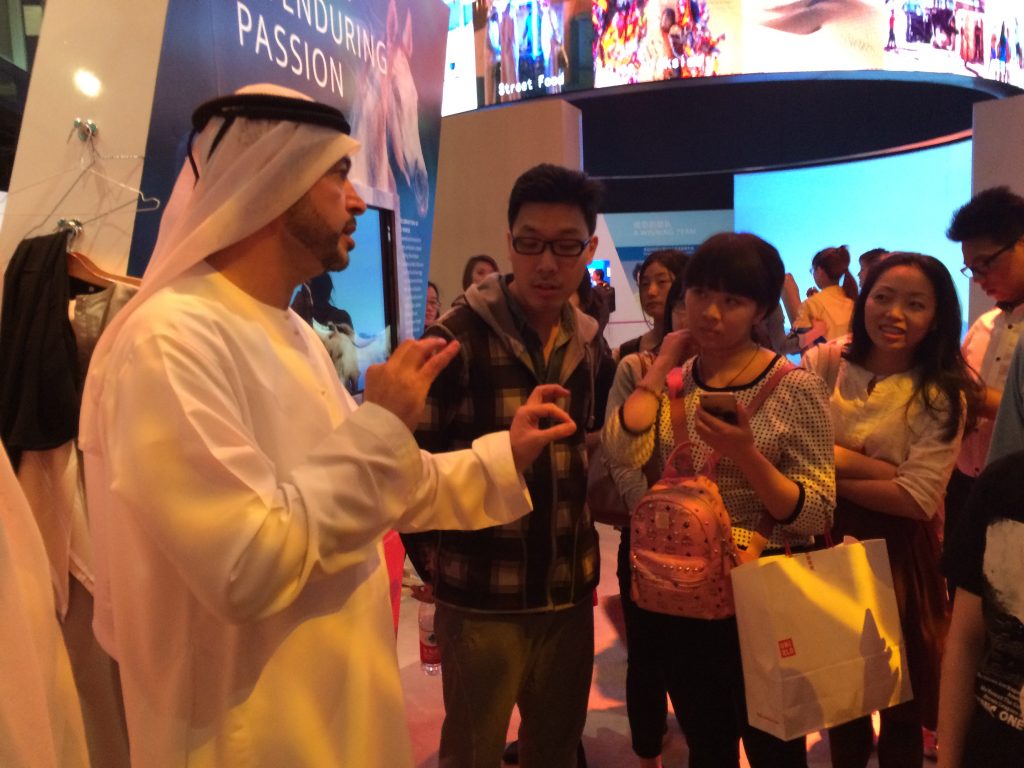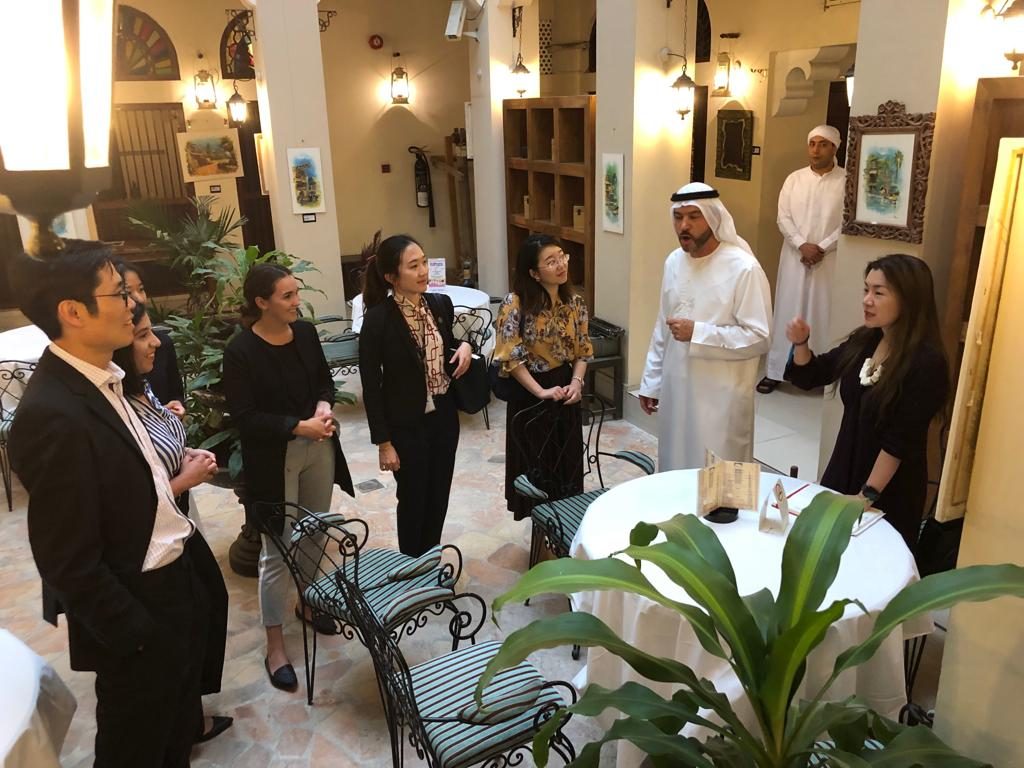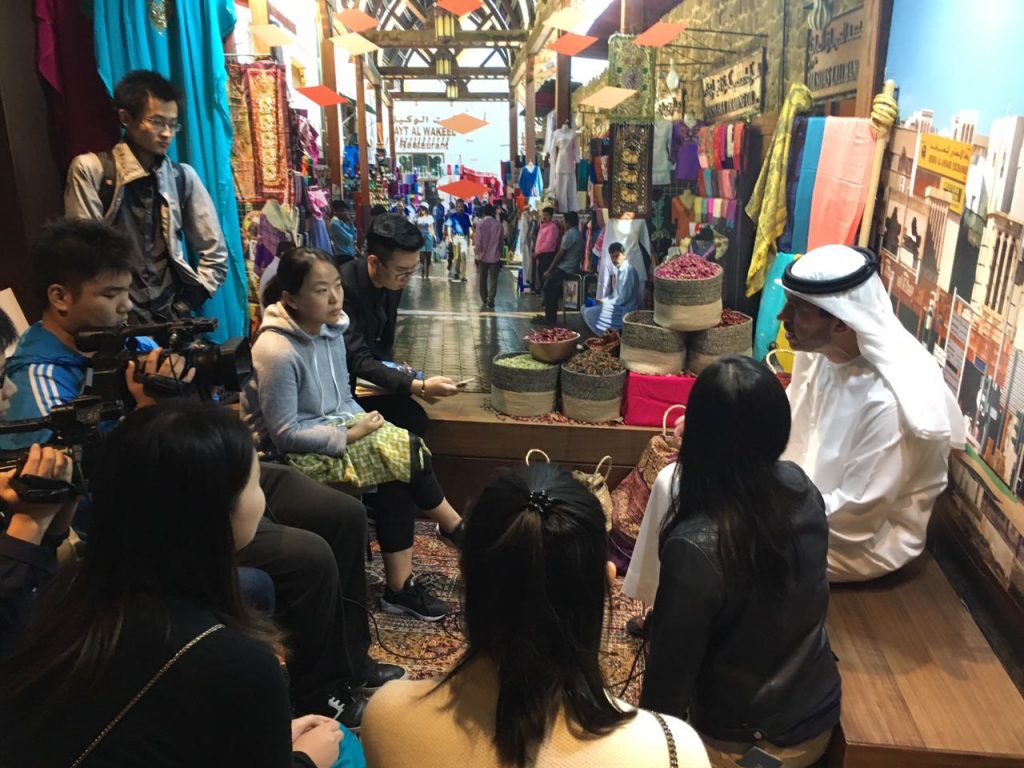





Ehtesham Shahid
Nasif Kayed calls himself an Arab culturalist for a reason. He believes that the ability to communicate effectively and appropriately across cultures can be challenging. He has been helping overcome this challenge for decades and with rewarding results. In an exclusive interview with Arab News, Kayed talks on a range of subjects including the cultural similarities between Arabs and the Japanese and what they can learn from each other.
Japan is a well-respected industrialized and high-tech country with which Arabs have strong trade relations. This trading partnership goes back long before the third industrial revolution which can be seen in the historic trade routes between us.
As a civilization, they are proud people with a rich heritage and culture and at the same time are very respectful toward other peoples and cultures, which makes for a great match with Arab values such as hospitality, honor, honesty, and acceptance of others.
The similarities are many, including respect, conservatism, and hospitality, the importance of family, the love of food, rice, fish and the art of serving that comes with that.
Like the art of serving Arabic coffee, deeply rooted in our daily lives, the Japanese have their green tea as part of hospitality and honoring guests. Many of us would say that they follow so many of the morals and values taught in the Islamic faith.
We can learn perseverance, and how to overcome a country’s challenges with humility, dignity and an attitude of looking forward rather than looking back.
Their country has been united in striving to improve the lives of its citizens since then, building a strong nation. They compete with other leading nations in growth and have taken a firm place on the world stage, setting a great example of how nations can rise after a devastating setback, but with hard work, vision and perseverance.
Arabs can do the same; rather than speak of our great past and dwell over our present, we should strive, and look forward to becoming a united, leading nation on the world stage.
The two countries can become more active with initiatives that focus on knowledge exchange, sharing of best practices in the areas where we see each other as a model, and through these activities learn in a deeper sense about the cultures and values that our nations share. We can also discuss the role that media plays at times in creating misconceptions and stereotypes.
We must make an effort to establish an accurate understanding of our societies through cultural exchanges, educational programs, and business opportunities, which are the best ways to interact and get to know one another. We have shared histories, values and so much to learn from one another.
I have had quite a few exchanges with the Japanese culture. Of course, they are known to be very punctual, while it is sometimes said that Arabs are not! So, in my meetings, I arrive earlier than expected. When they arrive, after me, they are very surprised and apologetic as if they were late, but they are not; thus, the emphasis on being punctual. They are extremely diligent and very keen not to offend or disappoint anyone.
I worked with the CEO of a Japanese company here in Dubai and helped him understand how to win the trust of his Arab staff as a leader. He invited me for a company employee appreciation party a year later and shared that he had experienced great results with his team due to my insight into Arab cultural norms in the workplace.
When his Arab counterparts came to receive their awards, he surprised them by shaking their hands and hugging them just like we would. He decided that a little cultural adaptation went a long way in building trust. He learned that being flexible and sometimes adapting can lead to successful relationships and great results.
Well, food is easy, sushi is naturally halal, and no translation needed. When it comes to the later, we have a hard time with the language barrier, particularly if the meaning is lost in translation. I believe there is a great opportunity for Japanese-Arab cultural exchange, with the willingness among people to dive into each other’s culture, food, art, music, and language and yes, literature too, Insha Allah.